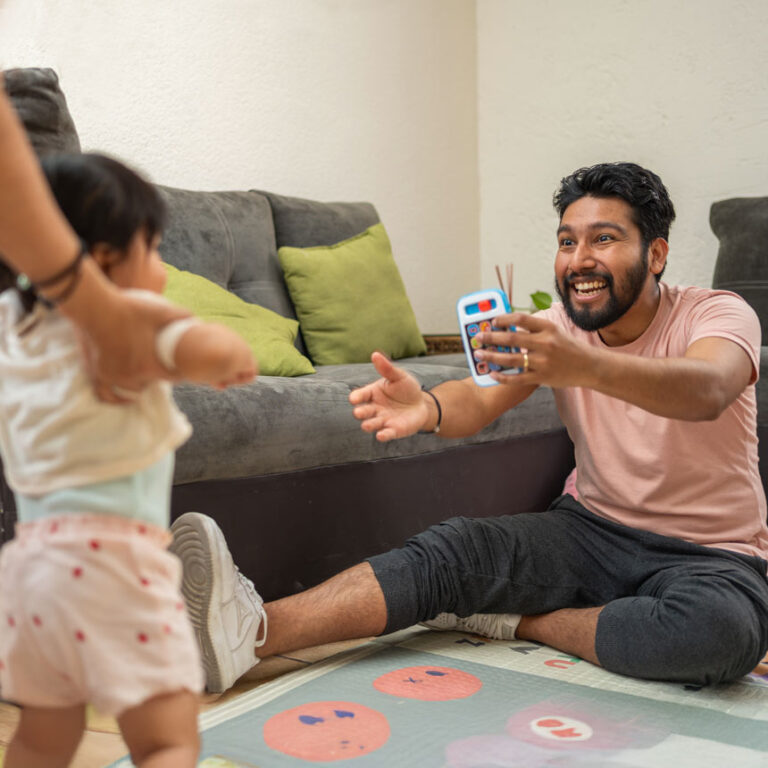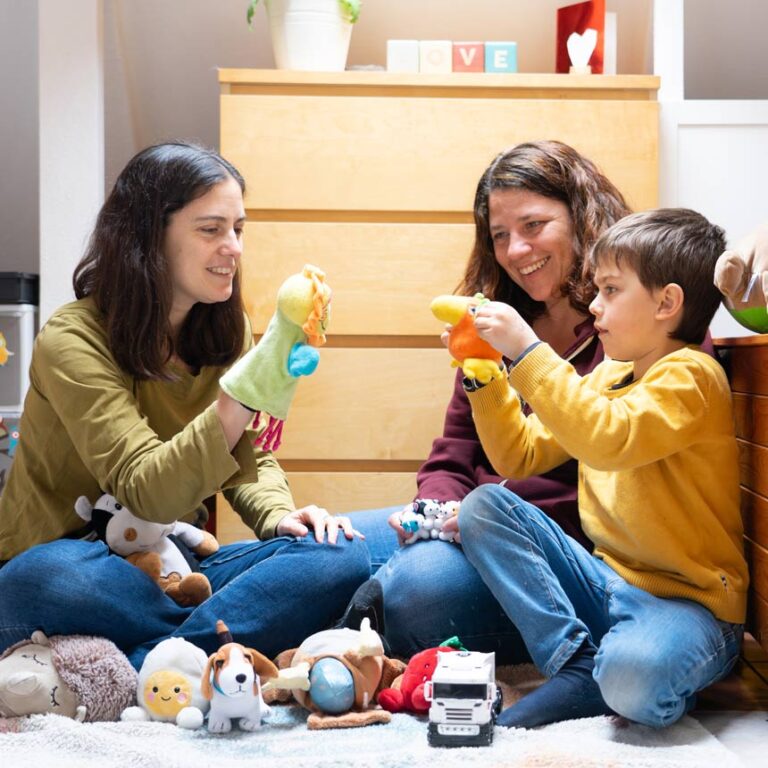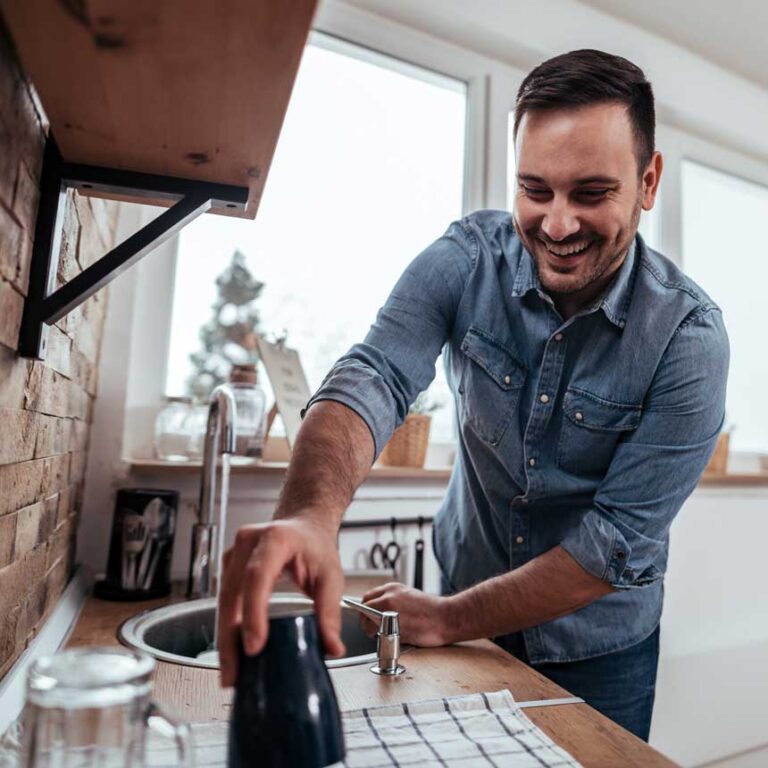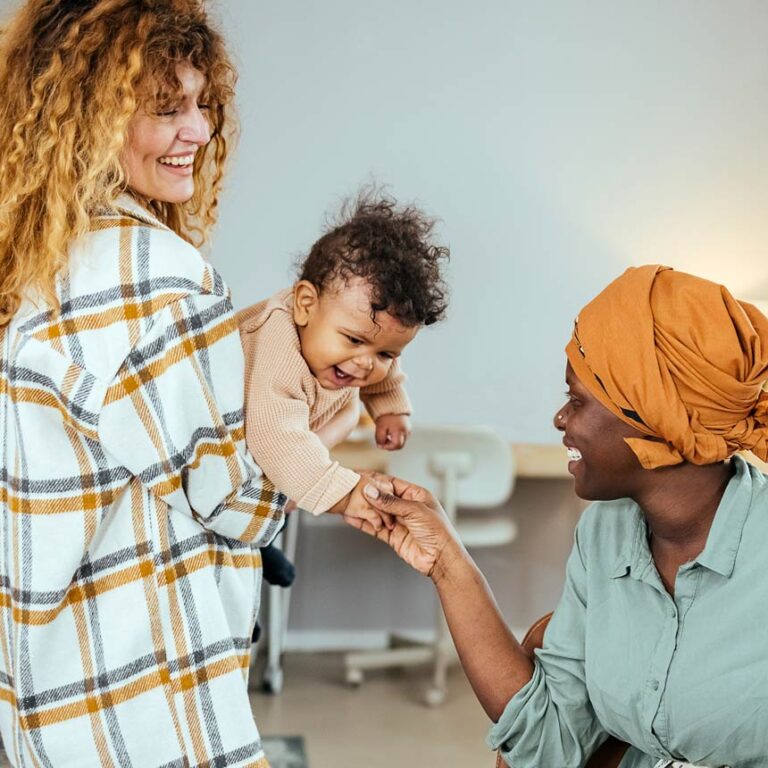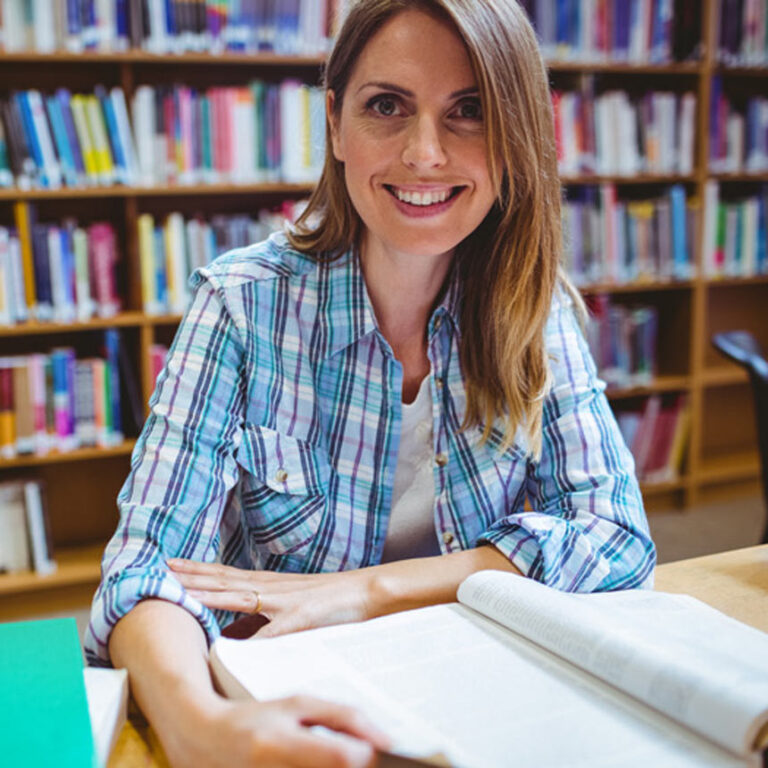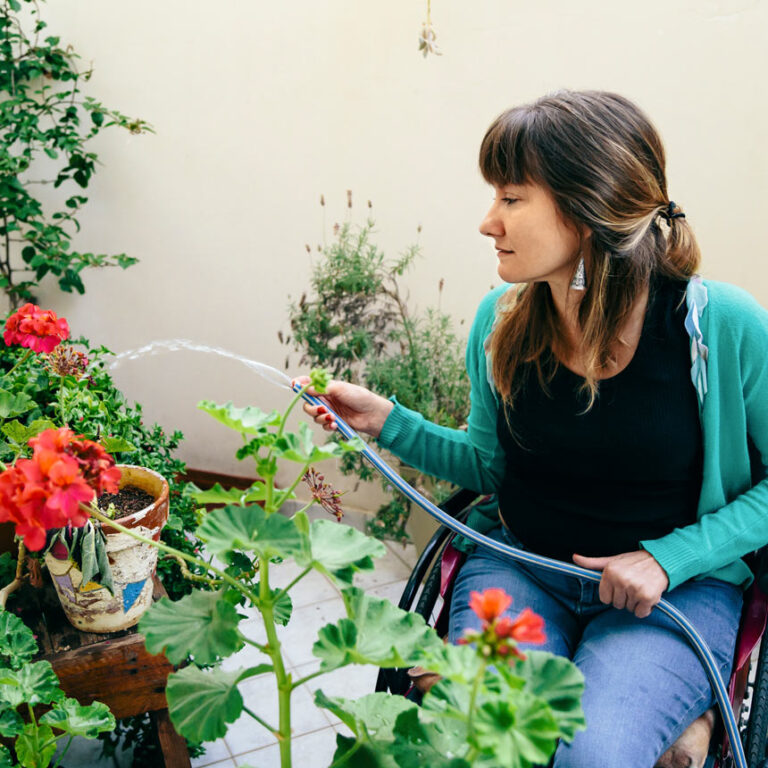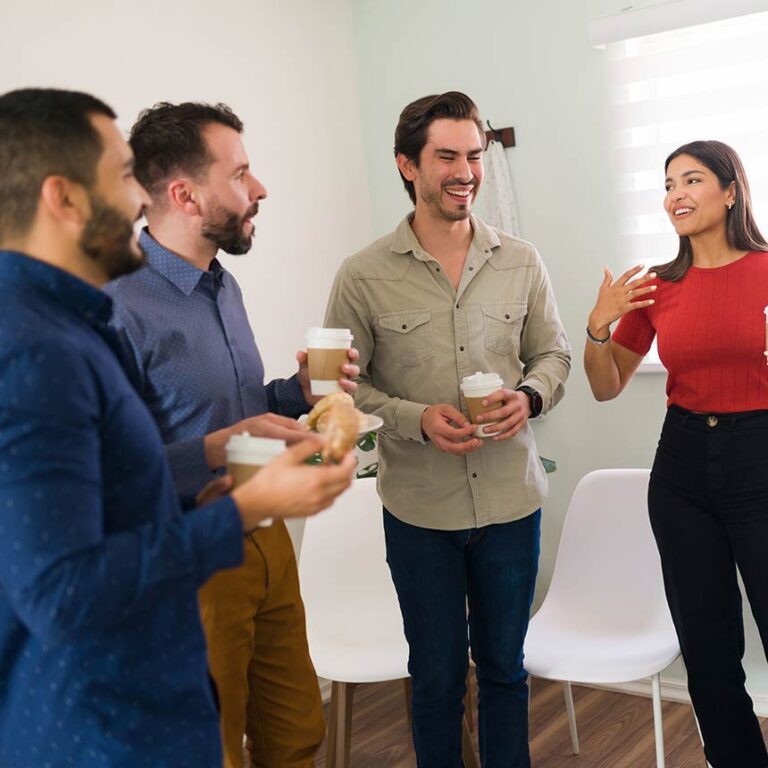I’m Happy for the First Time
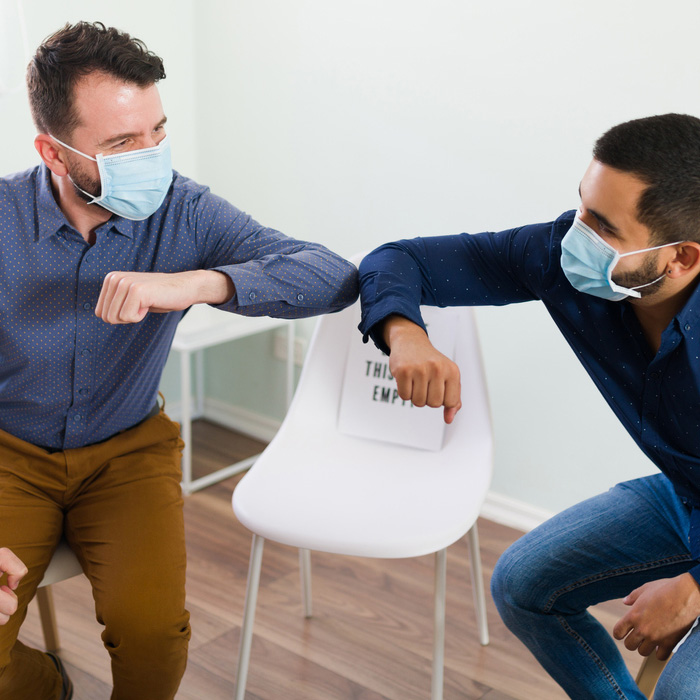
(Note: This story was shared through a bilingual clinician, so the quotes are paraphrased.)
When Vladimir [not real name] was a small boy in South America, his mother left for the US to earn more money. He was left with his siblings, who eventually grew up and left him alone with a father with whom he had a poor relationship. Ultimately, he ran away and ended up living on the streets for 7 years.
“When I eventually made it to America, I was so angry at my mother for abandoning me,” says Vladimer.
Because he felt so alone, he turned to meth and ultimately went to prison for robbery and assault while under the influence. He spent more than 10 years in prison, part of which was in solitary for defending himself against violent inmates. The horrors and fear of solitary led him to hear voices. By the time he was finally released, he was frightened of every stranger walking down the street.
“My probation officer recommended that I go to LifeWorks NW,” says Vladimer. “He said, you’re smart, you have the ability to do this. That’s where I met Nancy [his chemical dependency counselor] and started group therapy. My first day, I was really shy and couldn’t say a thing.”
“Since that first day, he’s done a 180-degree turnaround,” says Nancy. “When he started, he said he couldn’t read. Now he’s taking a leadership role and reading for other participants. If I ask who is done with an activity, he’s always the first one to speak up.”
For Vladimir, after a lifetime of loneliness, the LifeWorks NW group sessions and AA groups have provided a comradery he’s never known.
“The support of my comrades in group really helps me,” he said. “I like that they are always joking.”
After only three months of working with LifeWorks NW, he’ll soon be graduating and will give a speech at the ceremony.
“I’m very proud of him,” Nancy says. “He stepped up and did the work. He chose to go all in.”
Now, each day Vladimir gets up, does 25 minutes of mindfulness meditation, then goes to work, followed by an AA or LifeWorks NW group session. He comes home and does another 25 minutes of meditation before bed.
“This is the first time in my life that I’m happy,” he says. “I’ve repaired my relationship with my mom, and it is now really good.”
When Vladimir talks about the future, he shares what he’ll do to stay sober.
“I’ll keep attending AA and meditating,” he says. “It’s very important to stay away from friends who are a bad influence. I want to spend more time with family. And most of all, I’ll use the short, but powerful phrase I learned at LifeWorks NW if someone offers me drugs or alcohol—’Thank you, but no!’ They won’t have to live with the consequences of drugs, but I will.”
Vladimir is grateful to the LifeWorks NW team, especially Nancy. “Nancy has been so helpful; we are a team!” says Vladimir.
Nancy responds that he did the work to heal. “I’m so proud of what he’s accomplished.”



